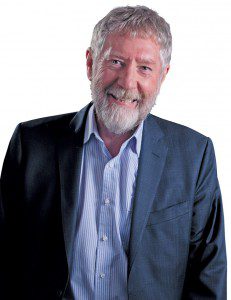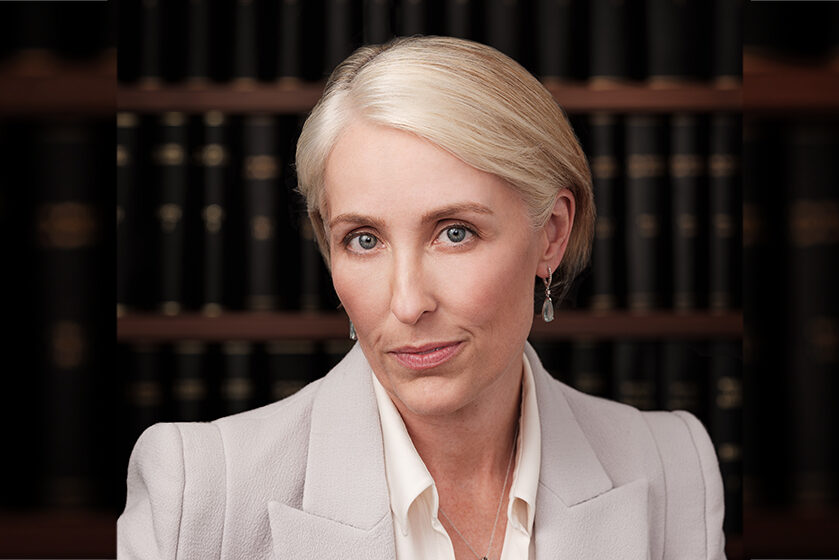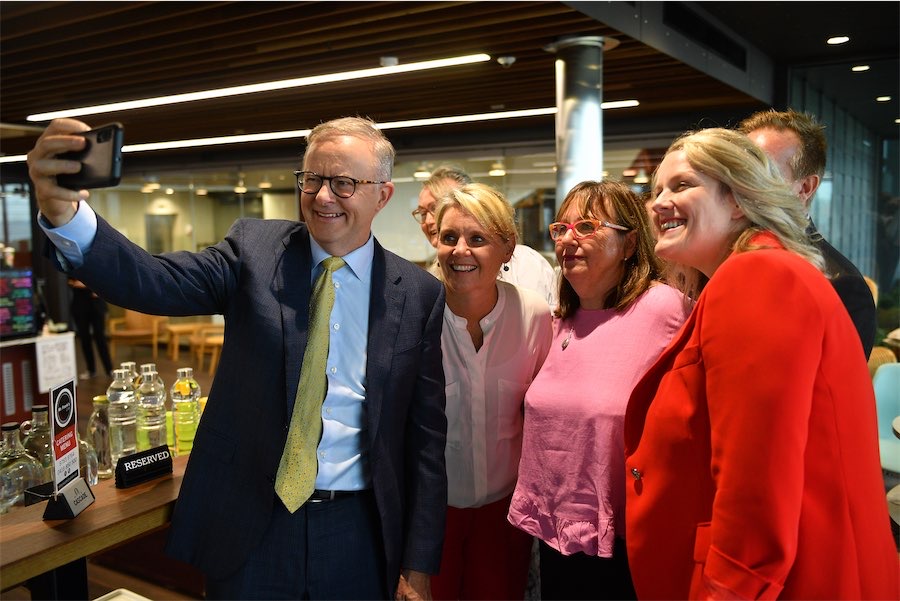TOBACCO, when used exactly as directed, kills two thirds of its users 10 years earlier than those who do not smoke.

Australia should remain a world leader in tobacco control; just 12.2 per cent of our population is addicted and recent surveys show only 2 per cent of our 12 to 17-year-olds taking up smoking.
Big Tobacco does not seem worried. It is simply moving to new markets. The developing world is one with electronic cigarettes, of which they are by far the biggest suppliers is another. Tobacco companies love to emphasise that they sell a legal product. Sure, they make money – but how does anyone in this industry selling such a lethal product sleep at night?
Electronic cigarettes have been marketed as a tool to assist quitting. Although true for a tiny minority, the evidence is incredibly thin to support such claims.
The Australian National Health and Medical Research Council explained: “There is currently insufficient evidence to conclude whether e-cigarettes can assist smokers to quit”.
It went further: “There is currently insufficient evidence to support claims that e-cigarettes are safe and further research is needed to enable the long-term safety, quality and efficacy of e-cigarettes to be assessed”.
Remember when the wool was pulled over society’s eyes with “just filter it”! The “filter it” ploy set back tobacco regulation by years as scientists and health experts were put on the back foot to prove filtering did not make cigarettes safe. The new ploy is “but electronic cigarettes are 95 per cent safer than ordinary cigarettes”. Don’t believe it.
Prof Stanton Glantz, from the University of California, traced this claim to a “single consensus meeting of 12 people convened by DJ Nutt in 2014″. The report of the meeting even admitted there was a “lack of hard evidence for the harms of most products on most of the criteria”.
A “Lancet” editorial in 2015 identified a number of the people who were at the meeting had strong connections to tobacco and electronic-cigarette companies.
Evidence of increasing harm of electronic cigarettes has been accumulating since 2014. There are now more than 500 brands and nearly 8000 flavours available.
Knowing what is in e-cigarettes is difficult. However, the inhaled vapour contains lead, cadmium and nickel, and that the electronic cigarettes themselves contain formaldehyde, acetaldehyde, acrolein, propanal, acetone, o-methyl-benzaldehyde, carcinogenic nitrosamines and fine and ultrafine particulate matter.
Many advocates choose to ignore this evidence. It is not unlike the “just filter it” ploy where the companies make outrageous claims to delay regulation while the health and scientific communities disprove them. Many advocates argue for little or none of the restrictions applying to conventional smoking. Fortunately, in Australia we have a system that puts the shoe on the other foot when it comes to the safety of such products.
The Therapeutic Goods Administration (TGA) is responsible for ensuring safety and efficacy of such products. We rely on it to protect us from unhealthy products claimed as therapeutic.
After an exhaustive examination of the case presented in application, the TGA determined that there was not enough evidence to make the nicotine available in this form.
The advocates then chose a political path with Liberal Democratic senator David Leyonhjelm as their champion who, like the National Party, is tobacco-company funded. The senator is a libertarian favouring an approach of let everyone do whatever they want, when they want, however they want. There are like-minded colleagues who have established separate inquiries in both houses of the Federal Parliament. The inquiries have been flooded by short, sharp submissions from current or would-be users who want no restrictions.
The big push is that electronic cigarettes are a harm-reduction method. However, for years Australian drug policy has combined harm reduction with demand reduction and supply reduction. To minimise harm requires adequate treatment to reduce demand and enforcement to reduce supply for a system of controlled availability. Members of the Parliamentary Standing Committee on Health, Aged Care and Sport ought to apply this successful approach as the least harmful way to have electronic cigarettes available in Australia.
Michael Moore was an independent member of the ACT Legislative Assembly (1989 to 2001) and was minister for health. He is CEO of the Public Health Association of Australia and president of the World Federation of Public Health Associations.
Who can be trusted?
In a world of spin and confusion, there’s never been a more important time to support independent journalism in Canberra.
If you trust our work online and want to enforce the power of independent voices, I invite you to make a small contribution.
Every dollar of support is invested back into our journalism to help keep citynews.com.au strong and free.
Thank you,
Ian Meikle, editor





Leave a Reply